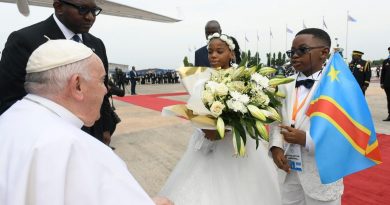Cameroon Protests
By Taylor Cain
Staff Writer
At least 17 protesters were killed and several more injured following intervention by Cameroon’s military in pro-anglophone independence protests on October 1.
Pro-anglophone independence movements began at the end of 2016 due to concerns that top civil service jobs were only given to francophone Cameroonians and that the French language was being unfairly imposed on citizens in the anglophone regions, BBC reports.
President Paul Biya ordered the arrests of teachers and lawyers in November 2016 following protests of the government-imposed French language curriculum in anglophone region schools, reports Bloomberg. The schools remain closed since the beginning of the strikes and arrests
In the anglophone city of Kumbo, soldiers shot at least five prisoners and two civilians after the jail housing the prisoners was engulfed in flames, The Guardian reports. Soldiers also shot at least three protesters, killing one, who raised the separatist movement flag.
Biya condemned the violent protests in a Facebook post saying “let me make this very clear: it is not forbidden to voice any concerns in the Republic. However, nothing great can be achieved by using verbal excesses, street violence, and defying authority”. While Biya condemned violent protesters, Amnesty International expresses concerns about the government’s “ongoing campaign to silence any form of dissent”.
The government was aware of the planned protest, and banned assembly of more than four people one day before the protest, The Guardian reports. Businesses and bus stations were ordered to close for 72 hours and the Cameroon-Nigeria border was closed for the weekend.
The government restricted internet access and blocked social media and messaging apps, such as Facebook, Twitter, and WhatsAppin Anglophone regions on September 29.
Two of Cameroon’s ten districts are Anglophone, English speaking, and the remaining districts are francophone, or French speaking. The Anglophone regions are next to each other in the southwest, bordering Nigeria, and the southern-most region has a coastline on the Gulf of Guinea.
Cameroon was a German colony until the League of Nations divided it between French and British allies after World War I, according to Reuters. October 1 was the 56th anniversary of the Anglophone Cameroon’s independence from Britain, BBC reported.
Despite these historical divides, Biya says he is not open to negotiations on independence.

